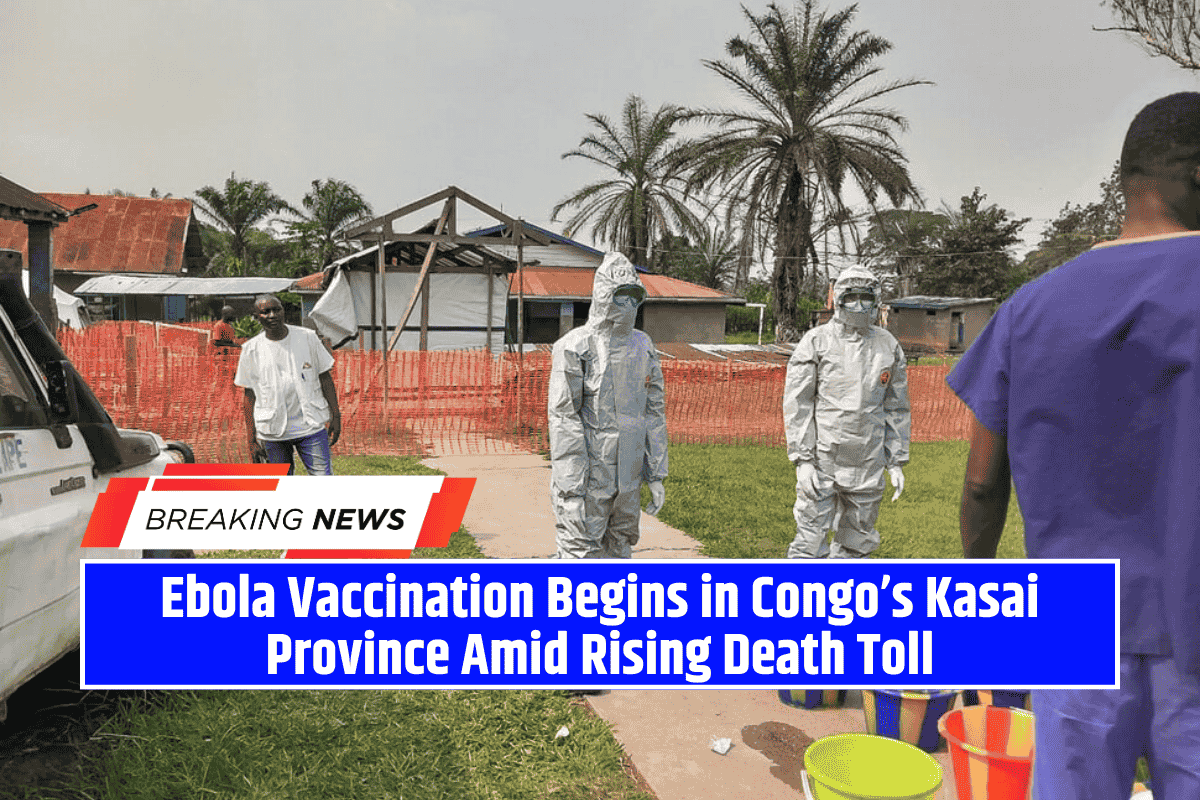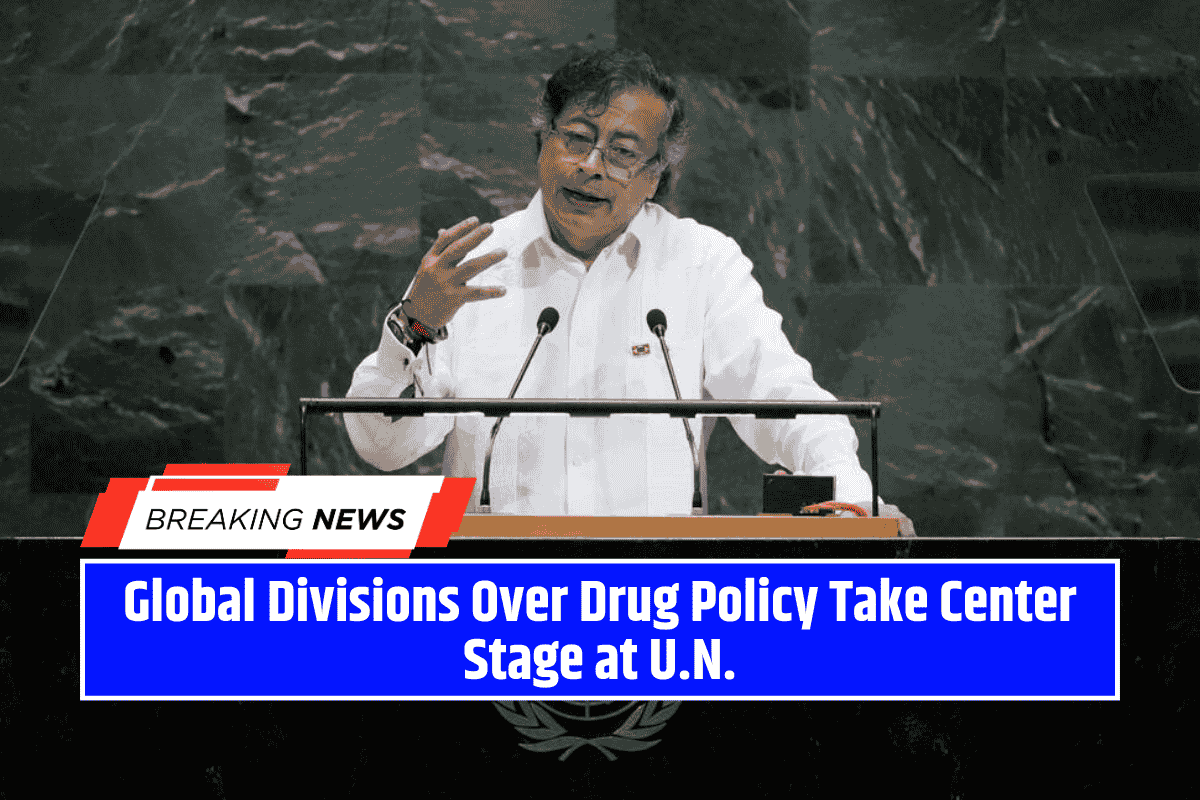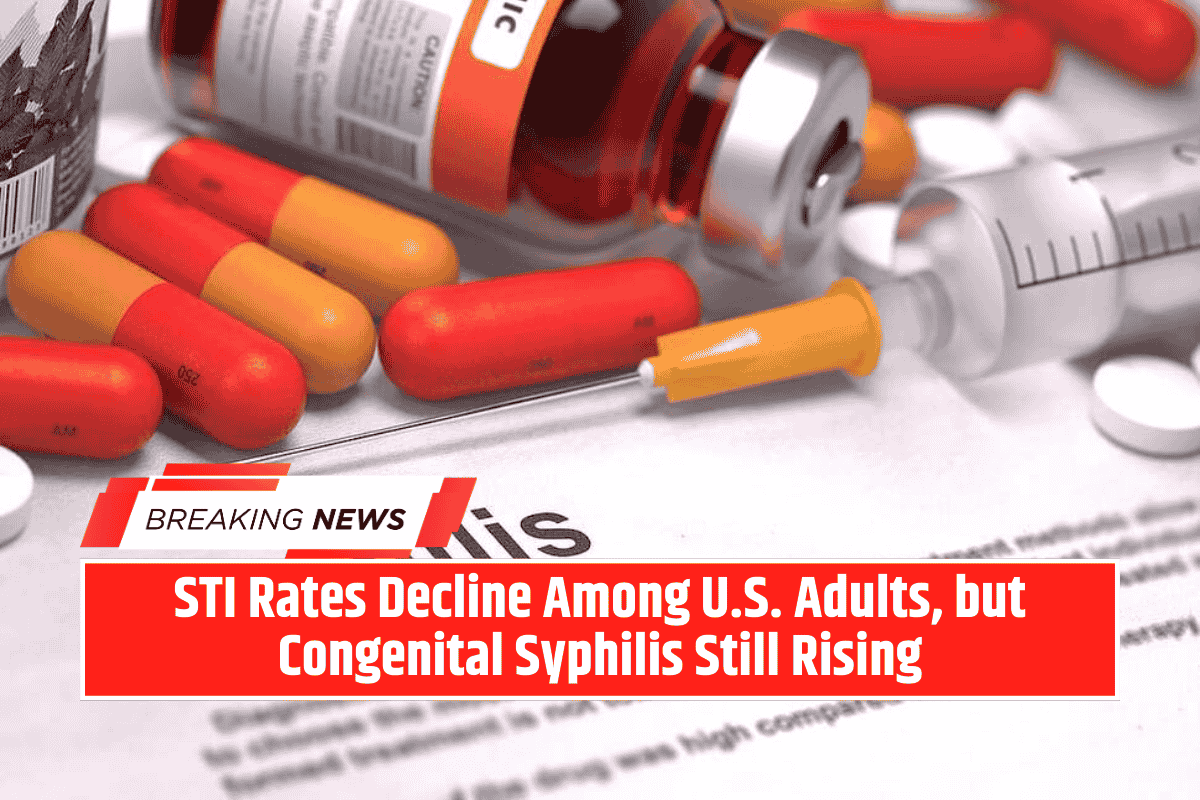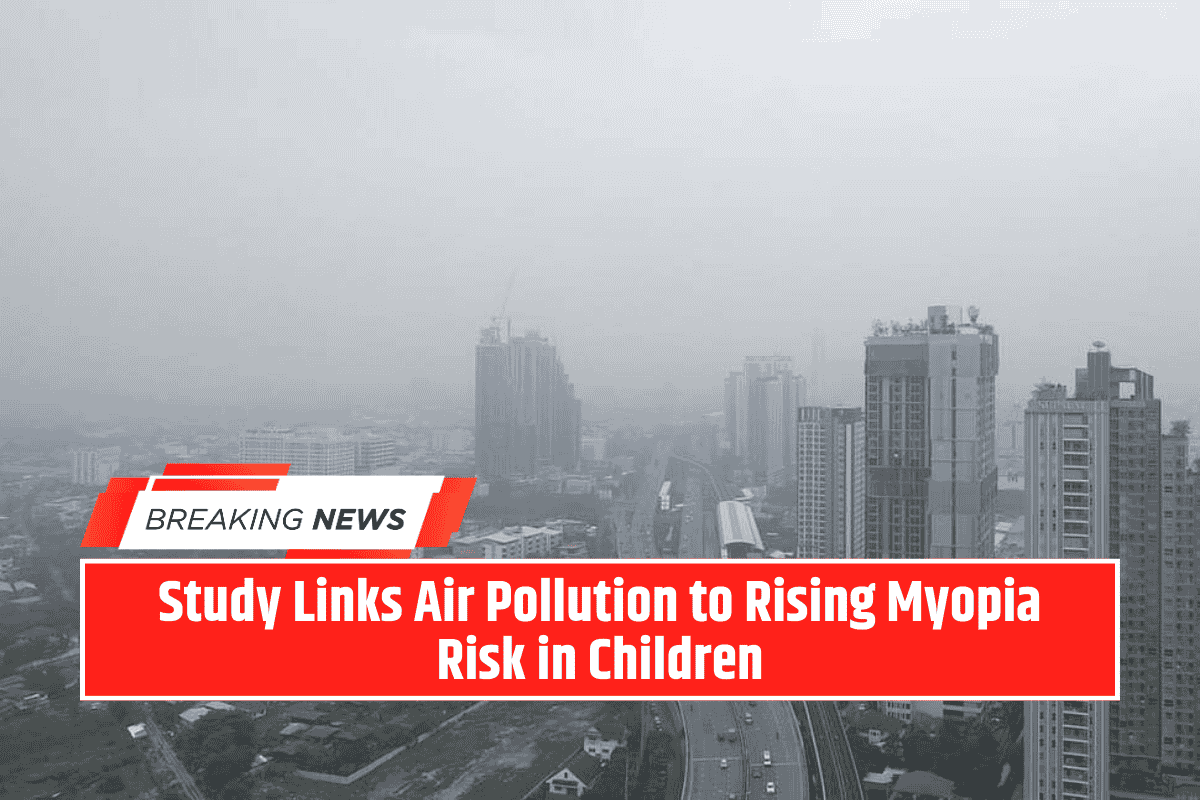Efforts to control the latest Ebola outbreak in the Democratic Republic of Congo have begun, with health officials launching emergency vaccinations in the southern Kasai province.
The World Health Organization (WHO) confirmed that frontline health workers and those exposed to the virus are being prioritised, as the death toll and suspected cases continue to climb.
Ebola Outbreak in Bulape Leaves 16 Dead
The Ebola outbreak was first reported in early September in the locality of Bulape, located in southern Kasai. So far, at least 16 people have died, and 68 suspected cases have been identified, according to a recent update from the Africa Centres for Disease Control and Prevention (Africa CDC).
The outbreak involves the Zaire strain of the virus, one of the most deadly and contagious forms. This marks Congo’s 16th Ebola outbreak since the virus was first discovered in 1976.
Vaccination Efforts Underway, But Supply Is Limited
The WHO has started rolling out the Ervebo vaccine, a proven vaccine against the Zaire Ebola virus. However, only 400 doses have been initially delivered to Kasai. The WHO said that while this is a crucial first step, it is not enough to meet the current demand.
A small stockpile of 2,000 doses was already available in the country. To support the response, the International Coordinating Group on Vaccine Provision (ICG) has approved an additional 45,000 doses, which are expected to arrive in stages.
Challenges Slowing Down the Response
While vaccinations have started, the operation is facing major obstacles, including:
- Limited access to affected areas due to poor infrastructure and remote locations
- Inadequate funding to support large-scale health operations
- Ongoing conflict and insecurity, especially in parts of the country affected by rebel groups
These challenges are not new for Congo’s healthcare system, which has long struggled under the pressure of multiple crises, from disease outbreaks to armed conflict.
Why the Situation Is So Serious
Ebola spreads through direct contact with the bodily fluids of infected individuals. It is highly contagious and can cause severe symptoms like fever, vomiting, diarrhoea, and bleeding. If not treated early, it often leads to death.
Vaccination has proven to be one of the most effective tools in stopping Ebola outbreaks. However, for it to be successful, vaccines must reach people quickly — especially those who were directly exposed or who work in high-risk environments, like hospitals and clinics.
International Support and Future Outlook
The WHO and its partners are working closely with the Congolese Ministry of Health to manage the outbreak. They are also calling for more international support, especially in terms of funding, logistics, and healthcare personnel.
With more vaccine doses on the way, officials are hopeful that the outbreak can be contained before it spreads to larger regions. But experts warn that without consistent support and access to affected communities, controlling the virus will remain a serious challenge.
As the Democratic Republic of Congo faces yet another Ebola outbreak, the quick rollout of vaccinations offers a ray of hope. But limited vaccine supply, ongoing conflict, and a fragile healthcare system continue to put lives at risk.
Controlling the virus will require global coordination, community trust, and urgent resource mobilisation to prevent the outbreak from growing further.









